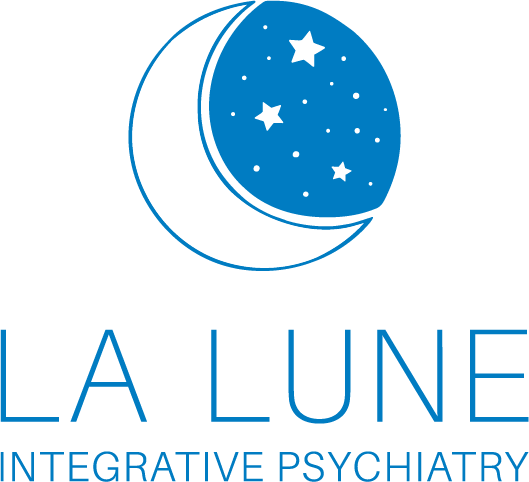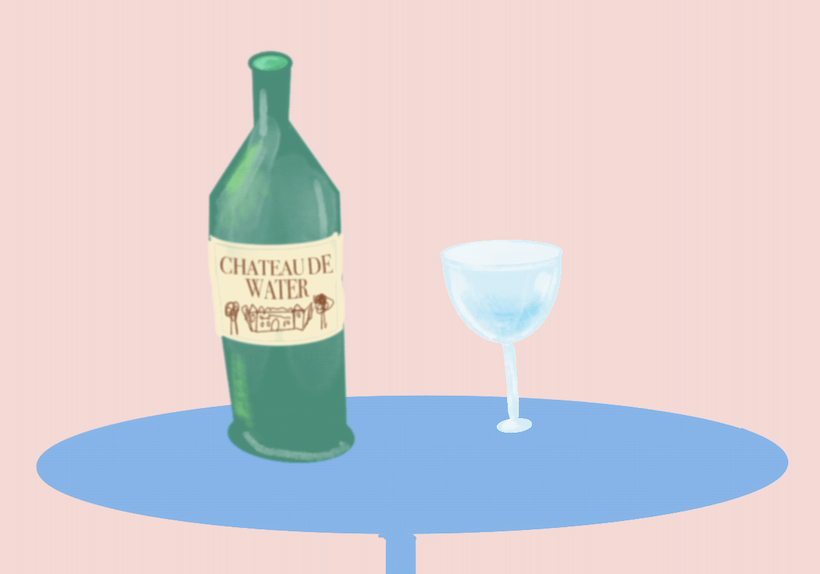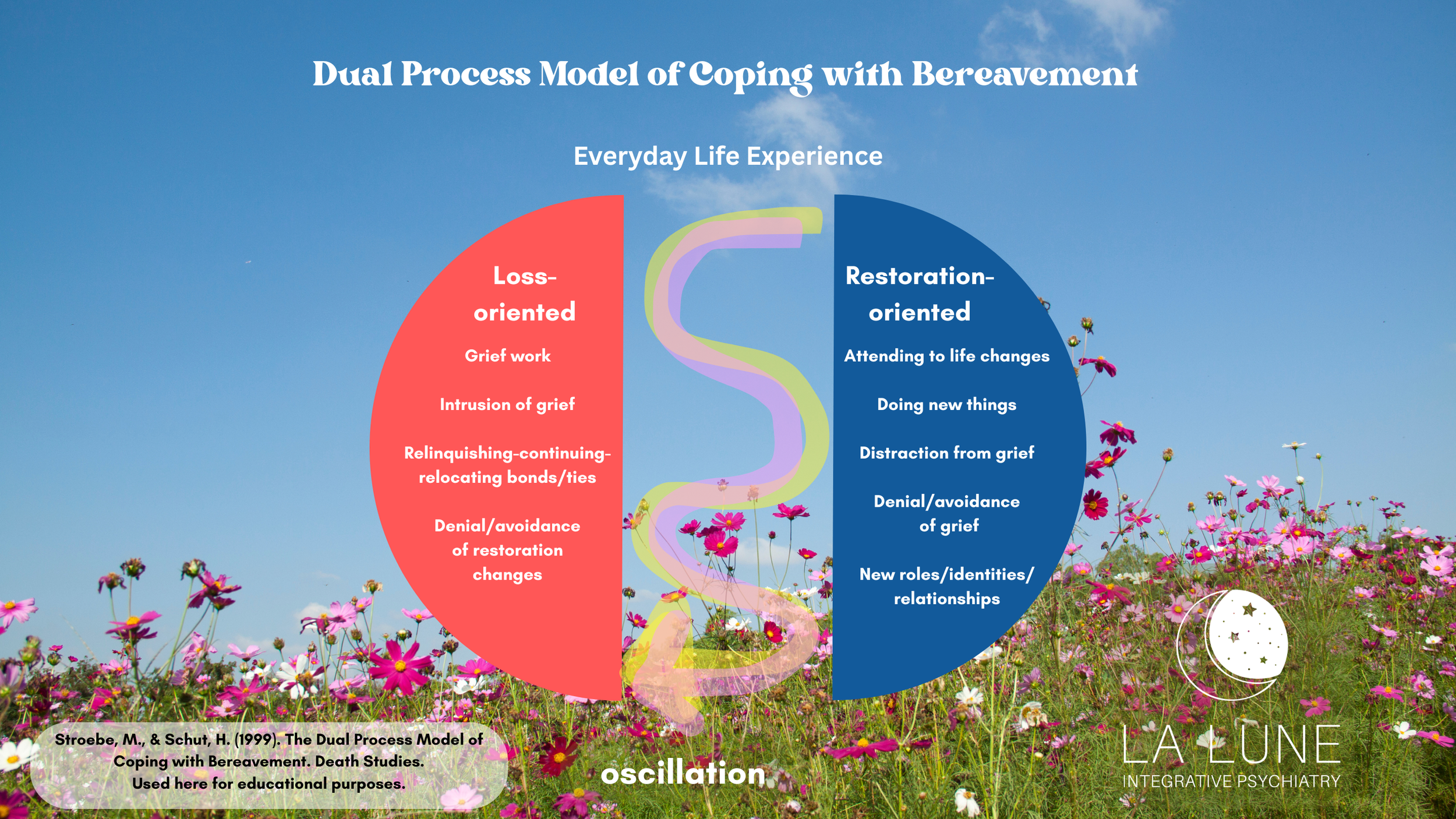
Therapy or Medication Management for ADHD
Personalized care to improve focus, organization, and self-confidence.
“[ADHD] is a neurodevelopmental condition that affects how the brain regulates attention, motivation, and impulse control — and it shows up differently for everyone.”
Understanding ADHD Beyond the Label
Attention-Deficit/Hyperactivity Disorder (ADHD) isn’t simply a matter of being “distracted” or “forgetful.” It’s a neurodevelopmental condition that affects how the brain regulates attention, motivation, and impulse control — and it shows up differently for everyone.
Many adults and teens live for years with undiagnosed ADHD, struggling in critical areas of life such as work, school, relationships, and self-care. Over time, these challenges can take a toll on overall mental and physical health.
ADHD is not a lack of effort or intelligence — it’s a condition that deserves understanding, comprehensive assessment, and individualized care.
The Different Types of ADHD
Clinically, ADHD is described in three main presentations:
Predominantly Inattentive: Difficulty focusing, staying organized, completing tasks, or following through — often mistaken for daydreaming, procrastination, or “laziness.”
Predominantly Hyperactive-Impulsive: Restlessness, talking quickly, difficulty waiting or sitting still, impulsive decisions, or frequent interruptions.
Combined Presentation: A mix of inattentive and hyperactive-impulsive symptoms, which may shift over time or in different environments.
Because these patterns can vary so much, ADHD sometimes overlaps with — or is mistaken for — anxiety, depression, trauma, or even sleep and thyroid disorders.
Why a Comprehensive Assessment Matters
ADHD can’t be reliably self-diagnosed. The symptoms overlap with many other conditions, and every person’s cognitive and emotional landscape is unique.
At La Lune Integrative Psychiatry, our licensed clinicians conduct a comprehensive evaluation that reviews:
Symptom history and life patterns
Physical and mental-health background
Lifestyle, sleep, and nutrition factors
Family or developmental influences
This whole-person approach helps clarify whether attention challenges truly reflect ADHD, another condition, or both — ensuring treatment fits you, not just a checklist.
Medication Options: Stimulant and Non-Stimulant Approaches
When appropriate, we discuss FDA-approved medication options for ADHD, including:
Stimulant medications such as methylphenidate and amphetamine formulations, which improve focus and attention by supporting dopamine and norepinephrine balance.
Non-stimulant medications such as atomoxetine, guanfacine, or clonidine, which can help regulate attention and impulse control without stimulant effects.
Medication is never the only tool. It’s part of a collaborative plan that may also include behavioral therapy, skills training, and lifestyle coaching for sleep, exercise, and time-management routines. People can also learn to live with ADHD without medication, and we can focus on coaching if you prefer to gain further control of your life while understanding (and appreciating) how your brain works.
Living With ADHD
ADHD can impact productivity, self-esteem, and relationships — but with the right support, it’s absolutely possible to thrive. Treatment helps you strengthen focus, improve follow-through, and rebuild confidence in your ability to manage work, school, and daily life.
You don’t have to navigate that process alone — our team is here to provide clarity, structure, and evidence-based care that fits your goals.




















